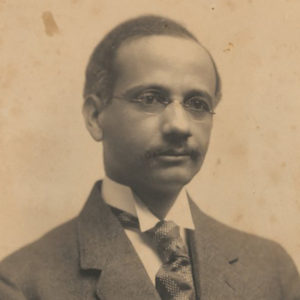Black History Month
What is the point of black history month? Why is there no White History Month? Black History Month is an annual celebration of black culture as well as the achievements of African Americans in American history. In the United States, the focus of the history curriculum in schools is centered around White people from a White perspective. Black History Month is a chance to look beyond that narrative and learn about the history and contributions of Black folks in America. While we are going through a global COVID-19 pandemic, we’re also experiencing a racism pandemic. This makes celebrating Black history that much more important. This month we aim to educate ourselves about the atrocities and injustices the Black community has faced for centuries in this country and around the world. We must learn how we can live life as an anti-racist and how our own prejudices contribute to the system.
There are major health disparities in the Black community. You can read more about the racial disparities when it comes to health care in this blog post. Where there are racial disparities in the health care that black folks receive, there is also a large gap in the number of black medical providers- especially mental health practitioners. Though the number of Black providers in this country is limited, African Americans have played a major role in psychology and the broader medical field. Black providers have accomplished so much in the medical field despite the prejudice and racism they experienced.
Shortage of Black Healthcare Providers
The simple fact is, Black mental health practitioners are needed now more than ever before. According to the American Psychiatric Association, while 13 percent of the United States population is African American, only two percent of psychiatrists are Black. According to The Washington Post, black boys ages 5-12 are twice as likely to die by suicide compared to white boys of the same age. Things got even worse after the killing of George Floyd in Minneapolis. African Americans experienced higher rates of anxiety and depression than any other race or ethnic group according to an emergency survey by the Census Bureau.
There are a few factors that contribute to the lack of African American therapists. A big part of it is the lack of opportunity for Black people to pursue higher education due to economic disparities. Another part is the stigmatization of mental illness and healthcare practitioners.
While the stigma around mental illness is getting better, Black folks still stigmatize the healthcare industry as a whole. It is to be expected given the history of unethical medical experiments performed on African Americans in this country. While there is a distrust of medicine, there is also a history of misdiagnosing Black people as mentally ill. They called enslaved people crazy for escaping plantations to seek freedom. They called civil rights activists crazy for protesting. Black people were (and still are) wrongly diagnosed with many things as a means to dehumanize Black folks.
Black Providers who Pioneered or Contributed to the Advancement of Mental Health Care
While we often hear about Sigmund Froyd, Pavlov, and B.F. Skinner. What about the black folks that contributed to psychology? There are many African American pioneers who have made history in the field of psychology and medicine.
Solomon Carter Fuller, MD
Dr. Solomon Carter Fuller became the first African American psychiatrist after earning his medical degree in 1897 from Boston University. Dr. Fuller worked with psychiatrist and neuropathologist Alois Alzheimer in Germany to unwrap the mysteries of dementia. He translated a lot of Alzheimer’s work into English and published the first comprehensive review of Alzheimer’s cases in 1912.
Inez Beverly Prosser, Ph.D. & Francis Cecil Sumner, Ph.D
Dr. Inez Beverly Prosser was the first African American woman to earn a Ph.D. in psychology. Her dissertation research sparked the first discussions of desegregating American schools. Dr. Sumner was the first African American man to earn his Ph.D. in psychology. He was one of the founding members of the Howard University Psychology Department.
Mamie Phipps Clark Ph. D. & Kenneth Bancroft Clark, Ph. D.
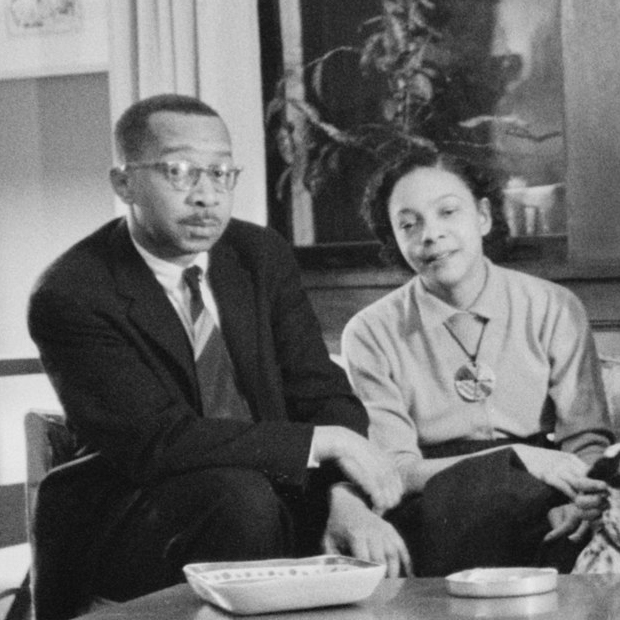
Charlotte Brooks, Public domain, via Wikimedia Commons
Dr. Mamie Clark was the first African American woman to earn a doctorate in psychology from Columbia University. Together with her husband, Dr. Kenneth Clark, they worked on the “Doll Study” that concluded that segregation was harmful to the psychology of black children. This study was used as evidence in the Brown Vs. The Board of Education case. Dr. Kenneth Clark was also the first Black president of the American Psychology Association. In order to provide comprehensive mental healthcare to minorities and people in poverty, Dr. Mamie Clark and her husband opened The Northside Center for Child Development. What a power couple!
Herman George Canady, Ph. D
Dr. Canady was a clinical social psychologist who is credited with being the first psychologist to study the influence of rapport between IQ test proctor and the subject. He researched how the race of the test proctor can create bias in IQ testing. This led him to help provide the best testing environment for the success of Black students.
Robert Lee Williams, II
Like Dr. Canady, Robert Lee Williams II also wanted to prove that IQ data was skewed in favor of White people. Williams created the Black Intelligence Test of Cultural Homogeneity. This test was reflective of Black language, culture, and experiences. This test was proof that African Americans are not less intelligent than White folks.
Paul Bertau Cornely, M.D., DrPH
Dr. Conrnel contributed a great deal to the world of psychology. Not only was he the founder of the National Student Health Association in 1939, but he was also the president of the physicians’ Forum in 1954. He was the founder of the District of Columbia Public Health Association in 1962. In 1968 Dr. Cornely was the first African American president of the American Public Health Association.
Jennifer Eberhardt, Ph.D.
Dr. Eberhardt has researched implicit bias, criminal justice, and the system of education. Her research provided evidence used to educate law enforcement officers in implicit bias training.
Beverly Greene, Ph.D.
Dr. Greene won the Distinguished Publication Award from the Association for Women in Psychology in 2008 for her work pioneering intersectional psychology.
Maxie Clarence Maultsby Jr., M.D.
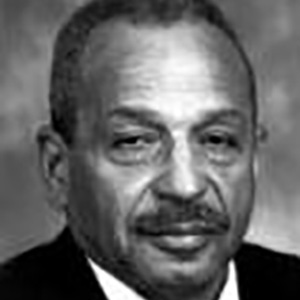
Dr. Maxie C. Maultsby, CC BY-SA 3.0, via Wikimedia Commons
Dr. Maultsby founded the psychotherapeutic method, rational behavioral therapy.
Mental Health Care Advocates
While there is a lack of representation in the healthcare field, there are a few crucial African American health care advocates.
Bebe Moore Campbell
Bebe Moore Campell was a mental health advocate as well as a teacher, author, and journalist. She founded NAMI-Inglewood which created a space for Black people to open up about their healthcare concerns. In June of 2008, Congress officially recognized Bebe Moore Campbell National Minority Mental Health Awareness Month.
Kitch Childs, Ph. D.
Dr. Childs helped to found the Association for Women in Psychology in 1969. Along with that association, she also was a founding member of Chicago’s Gay Liberation Front. In her own practice, she centered her work around Black feminist theory. She provided therapy to LGBTQ+ people, people living with AIDS, and other marginalized members of the community.
Black Pioneers in Healthcare
Here at Sage Neuroscience Center, we provide integrated care. We can’t discuss mental health care without physical health care. Some Black providers who contributed to the history of medicine are Dr. James McCune Smith, Dr. Rebecca Lee Crumpler, Dr. Leonidas Harris Berry, and many others.
James McCune Smith, MD
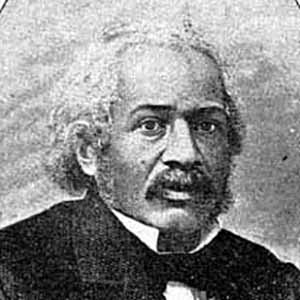
Unknown author, Public domain, via Wikimedia Commons
Dr. Smith was the first African American to receive a medical degree in 1837. He attended the University of Glasgow Medical School due to U.S. medical schools’ racist admissions practices. Dr. Smith was also the first Black American who owned and operated a pharmacy in the U.S.
That’s not all- Dr. Smith was also the first Black physician to be published in U.S. medical journals.
Rebecca Lee Crumpler, MD
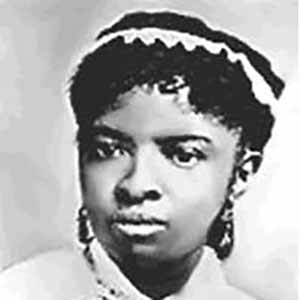
Meserette Kentake, CC BY-SA 4.0, via Wikimedia Commons
Dr. Crumpler was the first African American woman to receive a medical degree in the United States in 1864. She worked with other Black doctors in Virginia to care for formally enslaved people. In 1883, Dr. Crumpler published a book about children’s and women’s health titled A Book of Medical Discourses: In Two Parts.
Leonidas Harris Berry, MD
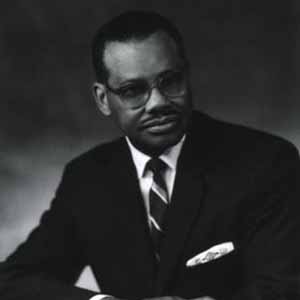
Adundi, CC BY-SA 4.0, via Wikimedia Commons
Dr. Berry was a gastroenterologist who chaired a Chicago commission that worked toward the inclusivity of Black physicians in hospitals during the 1950s. The commission also aimed to increase facilities in underserved parts of the city. He did this while being an active member of a civil rights organization called the United Front. The group provided assistance to the victims of racist attacks in Cairo, Illinois. Later in his career, Dr. Berry helped organize the Flying Black Medics in 1970. This was a group of medical practitioners who flew from Chicago to Cairo to provide medical care and health education to the community.
Patricia Era Bath MD
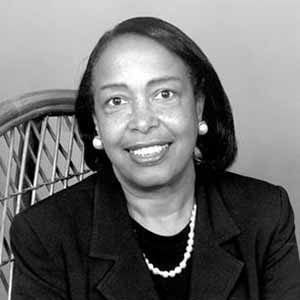
National Library of Medicine, Public domain, via Wikimedia Commons
Dr. Bath was the first Black person to finish an ophthalmology residency. She conducted research that found the rate of blindness among African Americans was twice as high compared to White Americans. This research propelled her into a career focused on closing the gap between vision care amongst White and Black people. Dr. Bath co-founded the American Institute for the Prevention of Blindness in 1976. In 1983, she was also the first black female doctor to receive a medical patent for the cataract surgery device called the Laserphaco Probe.
Alexa Irene Canady, MD
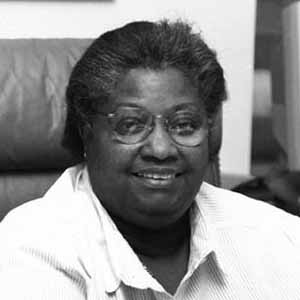
Unknown author, Public domain, via Wikimedia Commons
In 1981 Dr. Alexa Irene Canady became the first Black neurosurgeon in the U.S. after nearly dropping out of college. Dr. Canady is an inspiration to keep pushing to achieve your dreams.
Jocelyn Elders, MD
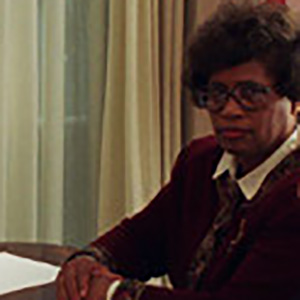
National Archives and Records Administration, Public domain, via Wikimedia Commons
In 1978, Dr. Jocelyn Elders became the first board-certified pediatric endocrinologist in Arkansas. She went on to serve as the head of the Arkansas Department of Health from 1987 to 1992. She was appointed to U.S. surgeon general by President Bill Clinton becoming the first Black and second female to obtain that position.
Regina Marcia Benjamin, MD, MBA
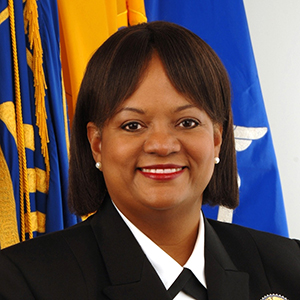
Office of the Surgeon General of the United States, Public domain, via Wikimedia Commons
Dr. Regina Marcia Benjamin is the founder and CEO of BayouClinic in Louisiana. BayouClinic provides clinical care, health education, and social services to the residents of Bayou La Batre. Not only that, but Dr. Benjamin was the 18th U.S. Surgeon General. She served as first chair of the National Prevention Council.
Continuing to Honor African American Healthcare Leaders
Remember these African American heroes who paved the way for a better, healthier future. These Black providers and advocates were able to help, treat, and inspire others despite their circumstances and obstacles. We must take that energy we had to fight racial injustice during the summer of 2020 and move forward with that same momentum to create real change both in the healthcare industry and the world.


